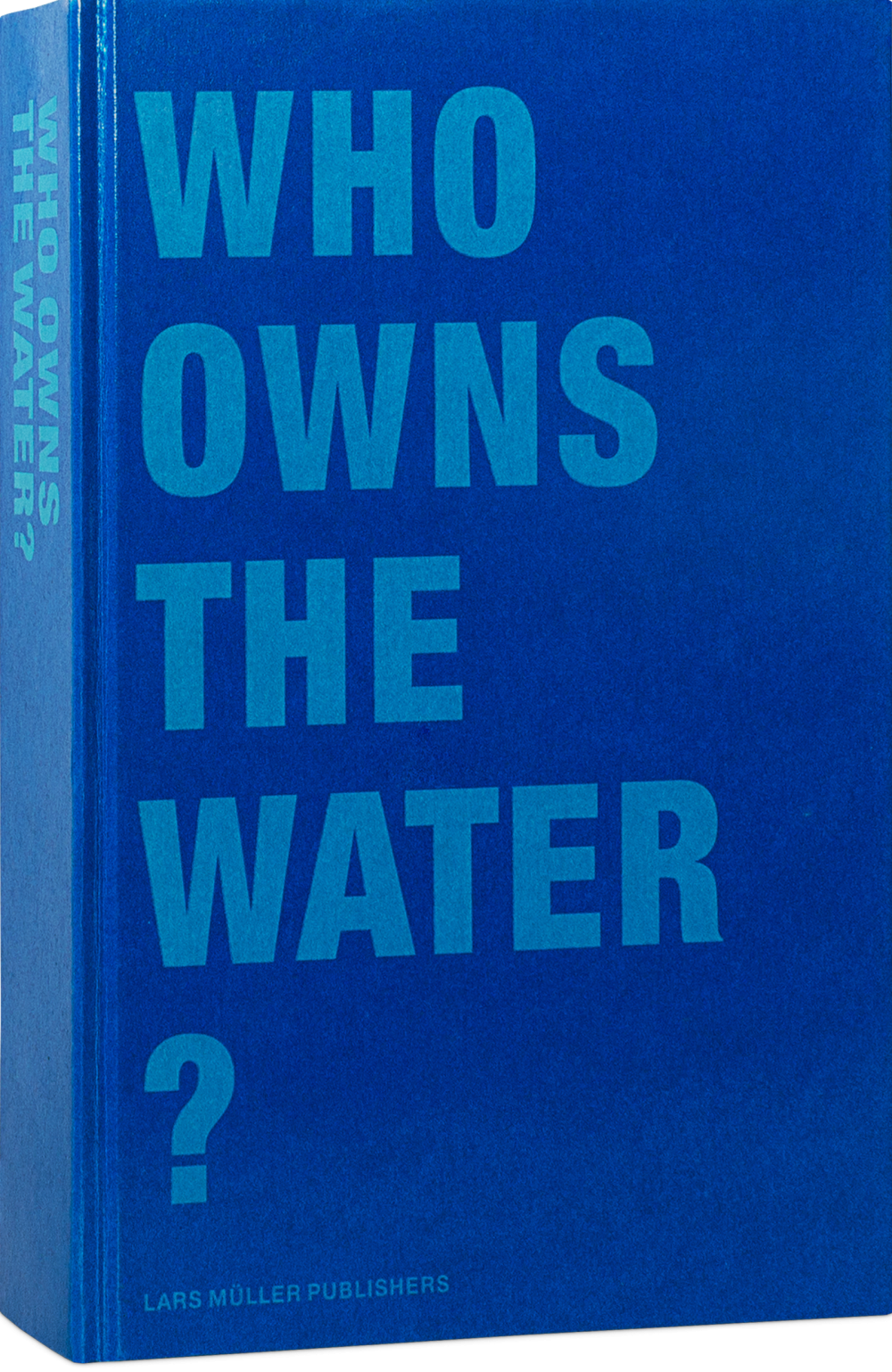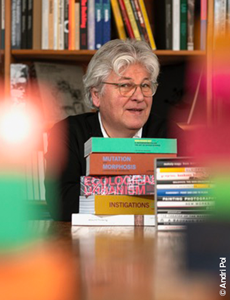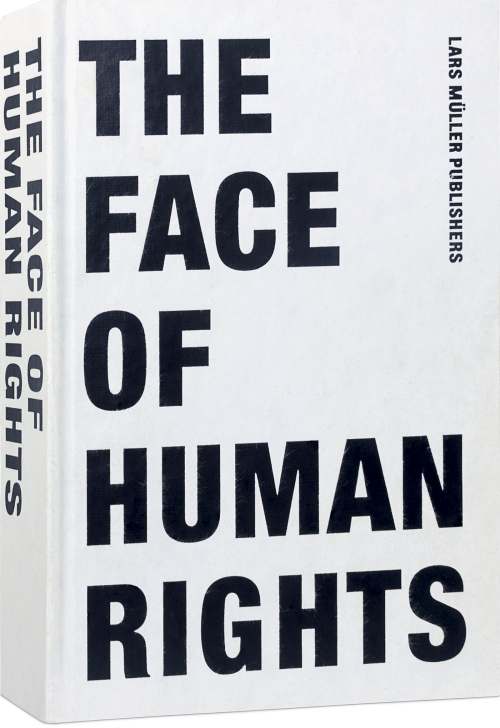
Who Owns the Water?
Industrialization and population growth have brought about a global water crisis. Nature can no longer compensate the exploitation of our freshwater and our oceans. One billion people have no reliable access to clean drinking water; two billion live in precarious hygienic conditions. Famine, poverty, epidemics, and infant mortality are closely linked with the water crisis. Social, ecological, political, and economic conflicts obstruct efforts to resolve the global water crisis. Water is an instrument of power.
The key question reads: Is water a commodity or is free access to water an inalienable human right? By approaching water from a phenomenological perspective, Who owns the Water? seeks to persuade the reader that an element that is constantly flowing and changing defies all claims to own it, be they political or economic, and is instead the responsibility of the entire international community.
Industrialization and population growth have brought about a global water crisis. Nature can no longer compensate the exploitation of our freshwater and our oceans. One billion people have no reliable access to clean drinking water; two billion live in precarious hygienic conditions. Famine, poverty, epidemics, and infant mortality are closely linked with the water crisis. Social, ecological, political, and economic conflicts obstruct efforts to resolve the global water crisis. Water is an instrument of power.
The key question reads: Is water a commodity or is free access to water an inalienable human right? By approaching water from a phenomenological perspective, Who owns the Water? seeks to persuade the reader that an element that is constantly flowing and changing defies all claims to own it, be they political or economic, and is instead the responsibility of the entire international community.
English edition – also available in German













